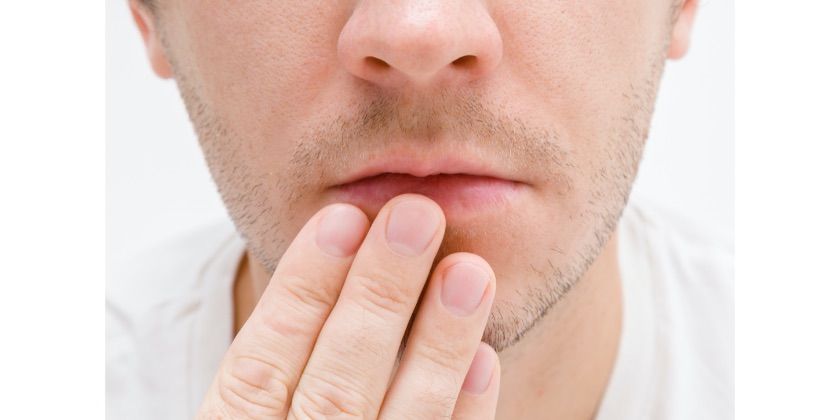Dry mouth, also informally known as cottonmouth, pasties or xerostomia, is a condition that results from not having enough saliva to keep the mouth wet. It makes it difficult to talk or eat and may sometimes cause nausea. If this condition is not dealt with, it can eventually take a toll on oral health by putting the patient at an increased risk for tooth decay and gum disease. If you suffer from this condition, understanding what causes it will help you learn how to fix it. Common reasons why people experience dry mouth include:
- Mouth breathing: Breathing through the mouth can lead to a dry mouth. Normally, the body is designed to inhale through the nose which naturally filters the air. Using the mouth to breathe causes the saliva to evaporate, causing a dry mouth.
- Nerve damage: When one suffers nerve damage, the body has difficulty producing saliva in the mouth. This ultimately leads to chronic dry mouth.
- Disease or infection: Some diseases can cause this condition. Also, when the body is fighting off an infection, the production of saliva reduces. Some of the diseases that cause it include Anemia, Cystic Fibrosis, Strokes, Diabetes, and Alzheimer’s.
- Side effect: Certain medical treatments or medications can cause dry mouth as a side effect. Common medications used to treat conditions such as diarrhea, acne, colds, depression or anxiety can cause this condition. In addition, treatments such as radiation treatment or chemotherapy can also lead to shortage of saliva in the mouth.
- Smoking tobacco: Smoking cigarettes with tobacco slows down the production of saliva which aggravates the condition.
- Dehydration: This is the leading cause of dry mouth. Staying hydrated is not only good for your overall physical health, but also for your oral health. It is advisable to have at least two liters of water every day to stay hydrated.
Effects Of Low Saliva
Saliva starts the process of digestion. It also helps to wash food particles and bacteria off the teeth and neutralize harmful acids that come with it. Not having enough saliva in the mouth lowers the natural defense against bacteria and plaque which build up quickly at the base of ones teeth. This then makes one more susceptible to gum disease, tooth decay and bad breath. Saliva is also known to remineralize and repair weak tooth enamel.
According to the ADA (American Dental Association), lack of saliva in the mouth can lead to a fungal infection known as candidiasis or thrush. People who suffer from chronic dry mouth are prone to burning mouth syndrome. Sufferers can also have difficulty wearing dentures and can lose the ability to taste as well.
Measures To Relieve a Dry Mouth
Whether you are suffering from a recurring or temporary dry mouth condition, you need to take the necessary measures to relieve the dryness in your mouth. You can start by sipping water throughout your day. Sucking on sugar-free candy or chewing sugarless gum can help to stimulate your saliva glands and moisten your mouth. Avoid drinks that contain alcohol and caffeine and refrain from salty foods and cigarettes. If you have dental problems caused by dry mouth, you can visit a professional dentist who may recommend using an artificial saliva product.


